5 Places To Practice Music In Tokyo (Without Getting In Trouble)
Practice Your Tunes Undisturbed
With its crowded apartments and quiet-loving residents, finding a place to practice musical instruments can be a headache for creative expats. But there are more options out there than you might think.
If you play a musical instrument you probably have a story of a fun-hating neighbor raining on your parade, but in four years of renting in the UK I had perhaps one noise complaint. I studied in a university town where students had an awful reputation, so perhaps my neighbors were grateful to have harp music at 3pm instead of awful dubstep and drunken yelling at 3am. Actually, when I was packing up my harp to move out of one of my student flats, a neighbor came downstairs to tell me how much she was going to miss listening to me.
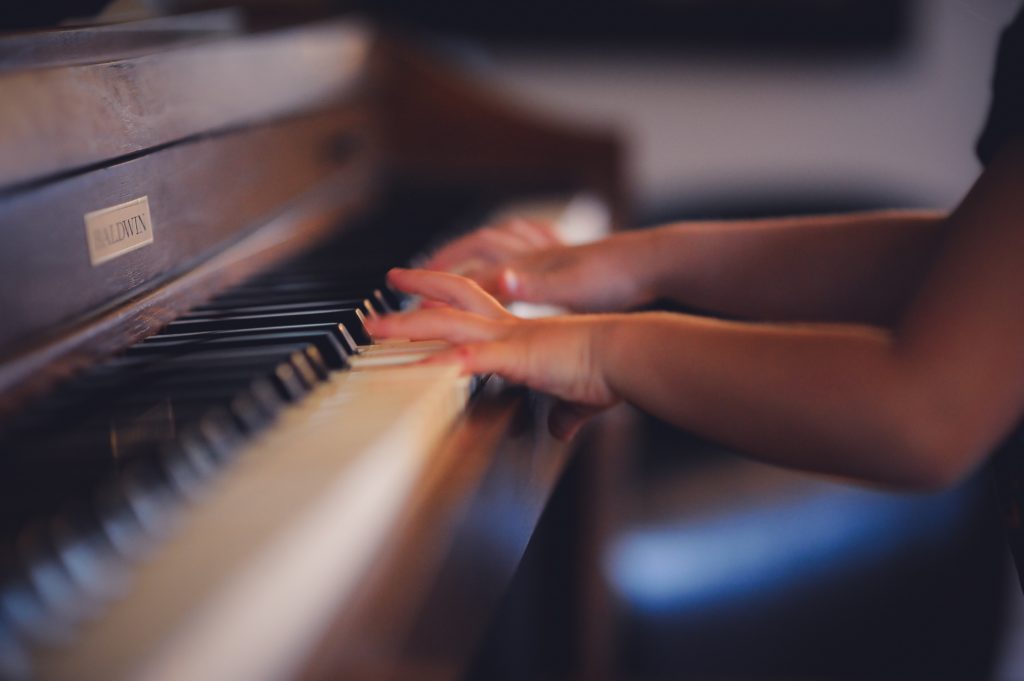 In Tokyo, not so much. Silence is golden, the walls are thin, and sometimes it feels that the grumpy ojisan downstairs is just looking for a reason to complain about the loud foreigner. It’s easy enough to swap your house parties for an evening at an izakaya but what about that new piece you want to learn? In my experience, so many expats are creative. Perhaps the desire to move to the other side of the world goes hand in hand with wanting to paint, write or make music? It saddens me when I hear of Tokyo expats quitting their instruments because they are worried about neighbors calling the police about the ‘dangerous and disruptive’ Beethoven Sonata they are working on. But help is at hand! Here are five places you can practice your instruments in Tokyo.
In Tokyo, not so much. Silence is golden, the walls are thin, and sometimes it feels that the grumpy ojisan downstairs is just looking for a reason to complain about the loud foreigner. It’s easy enough to swap your house parties for an evening at an izakaya but what about that new piece you want to learn? In my experience, so many expats are creative. Perhaps the desire to move to the other side of the world goes hand in hand with wanting to paint, write or make music? It saddens me when I hear of Tokyo expats quitting their instruments because they are worried about neighbors calling the police about the ‘dangerous and disruptive’ Beethoven Sonata they are working on. But help is at hand! Here are five places you can practice your instruments in Tokyo.
Rental Studios
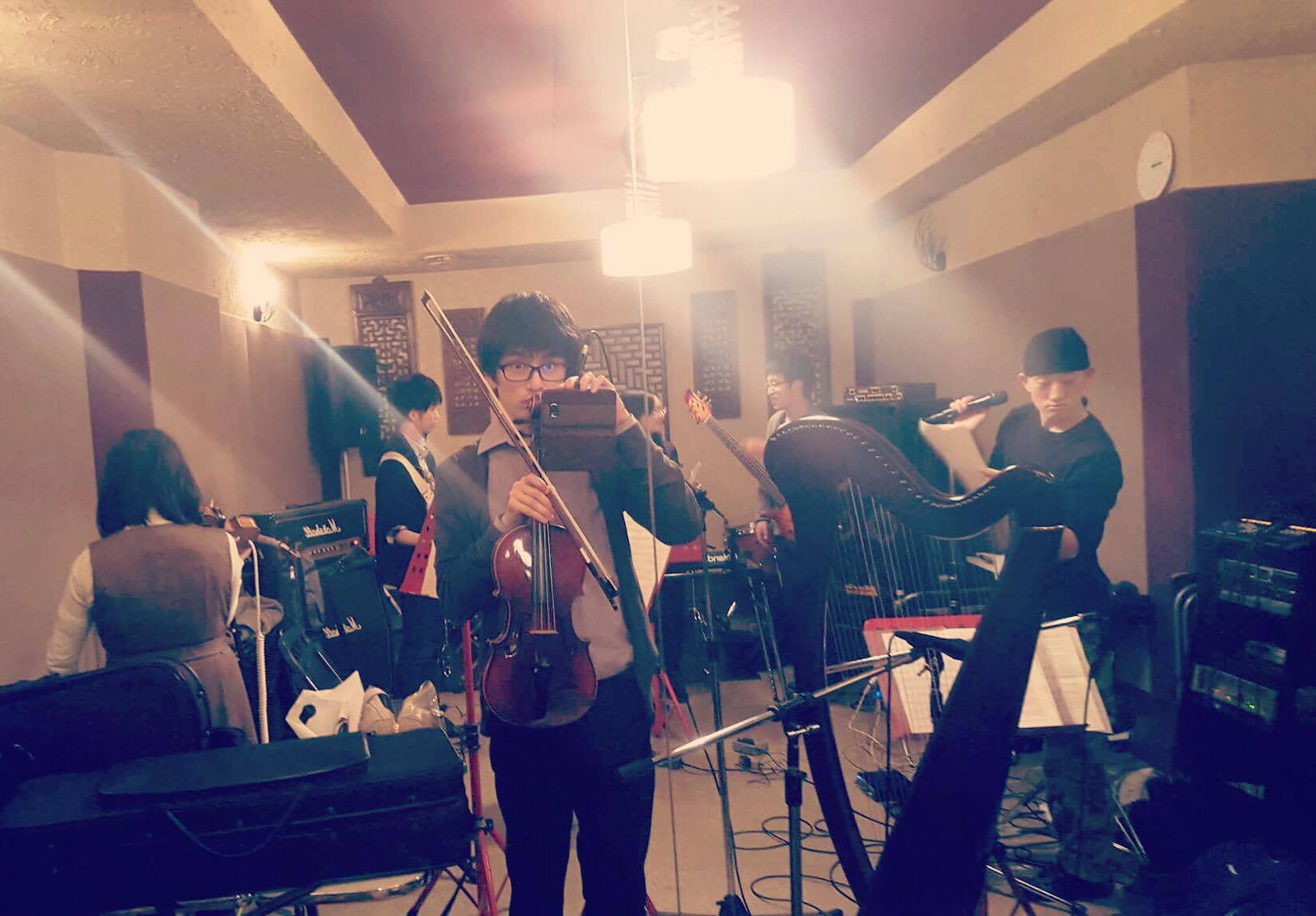 When you say ‘studio hire,’ I think ‘extortionate.’ In the UK the only times I’ve ever paid for studio hire was when I was part of an ensemble rehearsing for a big performance, or when we were making a recording or shooting a video. Even in London, cheap studio hire just for everyday practice is uncommon. Not so in Tokyo. It seems like there is a studio on every street corner and I am constantly impressed with the quality of equipment you can get for a low price. Studio Penta is a good chain with studios in Shinjuku, Ikebukuro, Shibuya and more, as is Studio Noah in Shibuya, Shimokitazawa, Akihabara and other across the country, which has practice rooms with a piano if you’re a pianist without an instrument of your own. Independent studios can be even cheaper so it’s worth keeping a look out in your local area.
When you say ‘studio hire,’ I think ‘extortionate.’ In the UK the only times I’ve ever paid for studio hire was when I was part of an ensemble rehearsing for a big performance, or when we were making a recording or shooting a video. Even in London, cheap studio hire just for everyday practice is uncommon. Not so in Tokyo. It seems like there is a studio on every street corner and I am constantly impressed with the quality of equipment you can get for a low price. Studio Penta is a good chain with studios in Shinjuku, Ikebukuro, Shibuya and more, as is Studio Noah in Shibuya, Shimokitazawa, Akihabara and other across the country, which has practice rooms with a piano if you’re a pianist without an instrument of your own. Independent studios can be even cheaper so it’s worth keeping a look out in your local area.
Karaoke Booths
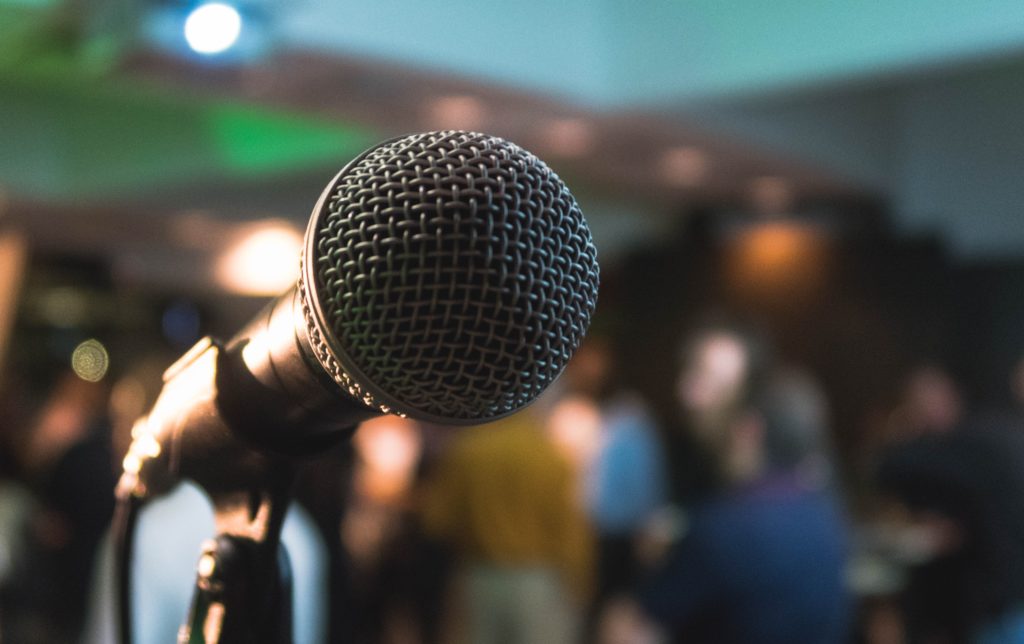 Karaoke booths are used even for business meetings nowadays, but they can be a great place for musicians to practice as well. A friend is an “idol” and karaoke booths are perfect for her as the songs and the lyrics she wants are all on the system, she can change the key to suit her voice and even practice her dance moves in the bigger booths. Be careful when taking instruments in as some chains may not like you being too obvious about it, but some brands actively encourage it. Many Joysound karaoke buildings now have booths where you can plug in your guitar and keyboard. You can add effects to your guitar and even get the tabs for the song on the screen.
Karaoke booths are used even for business meetings nowadays, but they can be a great place for musicians to practice as well. A friend is an “idol” and karaoke booths are perfect for her as the songs and the lyrics she wants are all on the system, she can change the key to suit her voice and even practice her dance moves in the bigger booths. Be careful when taking instruments in as some chains may not like you being too obvious about it, but some brands actively encourage it. Many Joysound karaoke buildings now have booths where you can plug in your guitar and keyboard. You can add effects to your guitar and even get the tabs for the song on the screen.
Parks
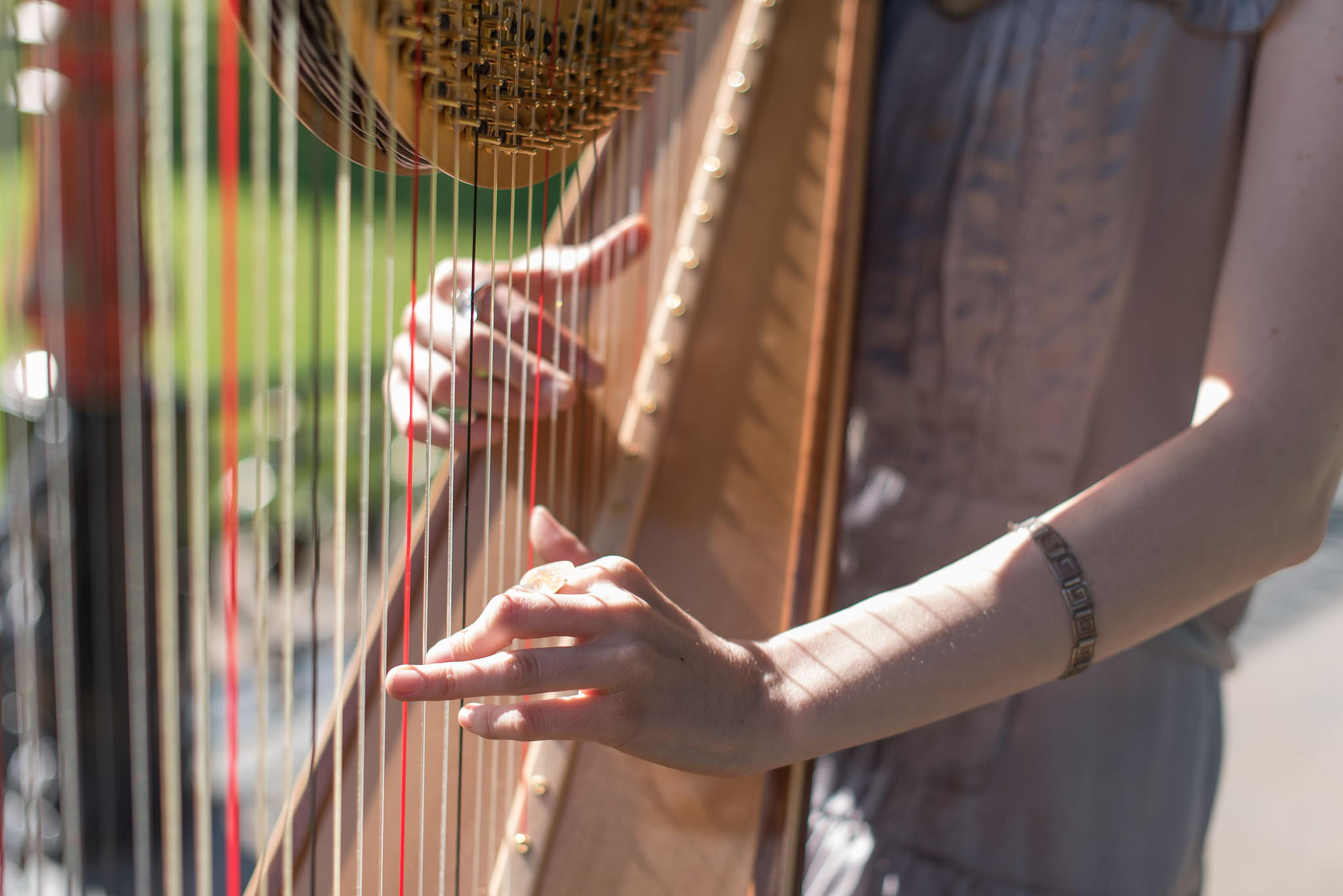 © Photo by Emily Valentine
© Photo by Emily Valentine
Can’t get cheaper than free! On sunny days I often see people practicing in parks. In my local green space alone I have seen a saxophonist, a shakuhachi player, a Japanese-style folk singer and an idol group all doing their thing. Yoyogi Park, especially, is well known for these purposes — you can see dancers, musicians and other creative minds practicing their gigs on any given day.
Schools
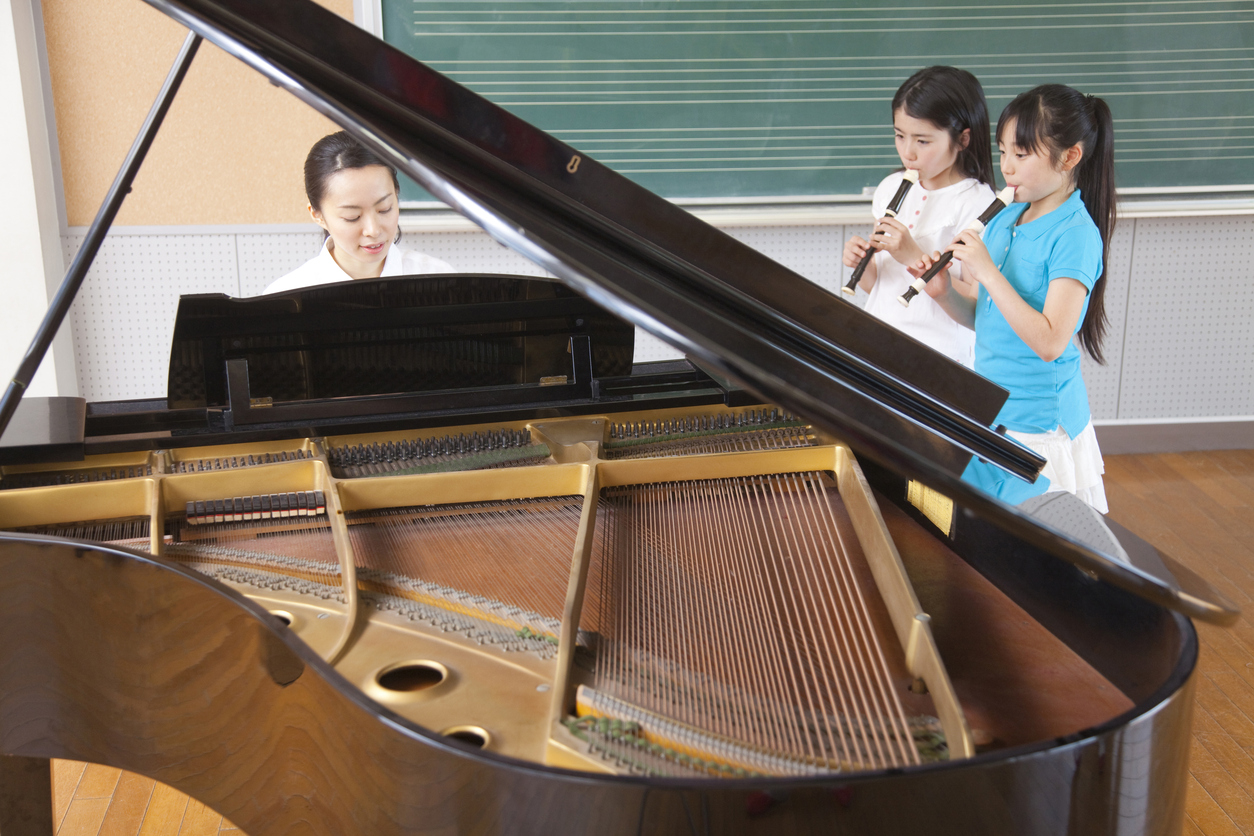 For the ALTs in the house, an obvious solution is at hand. If your school is willing, you could use a classroom once the students have gone home. If your school has dedicated practice rooms, so much the better. I know ALTs who have found that playing with their school orchestra is a great way to get involved in the community life and gives them a free pass to practice at school whenever they want.
For the ALTs in the house, an obvious solution is at hand. If your school is willing, you could use a classroom once the students have gone home. If your school has dedicated practice rooms, so much the better. I know ALTs who have found that playing with their school orchestra is a great way to get involved in the community life and gives them a free pass to practice at school whenever they want.
Music-friendly apartments
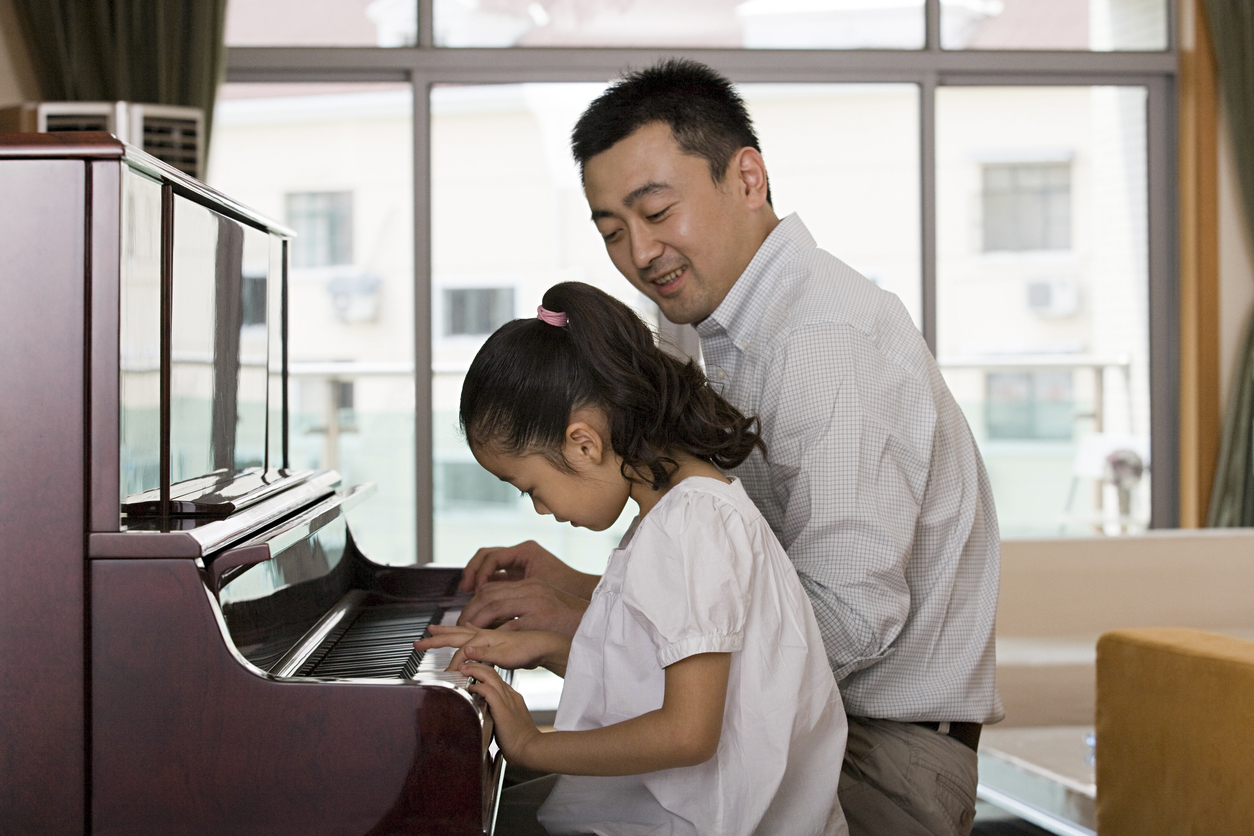 They do exist. As good as the previous options are, the harp is none too portable and I practice enough that I don’t want to lug it to a studio every time I want to do scales. When my boyfriend and I were searching for our current apartment we decided that instruments were a deal breaker. Soundproofed (bouon, 防音) buildings are an option, (also great if you have parties/babies) but were out of our price-range. We found our current place by looking in areas near universities or music colleges where landlords have to be lenient or lose their custom. The result is that the majority of occupants in our building are music students or teachers – we have a pianist next door, a cellist below us and an opera singer above. Playing is permitted from 8.30am to 8.30pm. Some friends have said they would find the constant presence of classical music annoying but I enjoy the laid back, creative vibe in our area and it’s nice to hear some opera as I sink into the bath.
They do exist. As good as the previous options are, the harp is none too portable and I practice enough that I don’t want to lug it to a studio every time I want to do scales. When my boyfriend and I were searching for our current apartment we decided that instruments were a deal breaker. Soundproofed (bouon, 防音) buildings are an option, (also great if you have parties/babies) but were out of our price-range. We found our current place by looking in areas near universities or music colleges where landlords have to be lenient or lose their custom. The result is that the majority of occupants in our building are music students or teachers – we have a pianist next door, a cellist below us and an opera singer above. Playing is permitted from 8.30am to 8.30pm. Some friends have said they would find the constant presence of classical music annoying but I enjoy the laid back, creative vibe in our area and it’s nice to hear some opera as I sink into the bath.
When searching for a music-friendly apartment, tell your real estate agent that you’d like to practice instruments, or insert key words when searching online: bouonshitsu (母音室, sound-proof room) and gakkika (楽器可, instruments allowed). When we did that with our agent, the list of suitable apartments went from about 3000 to 30, but we still had a few to see!
The other day I tensed up when my landlord said he had heard me practicing, but actually he was only saying that it was nice to hear me playing Japanese pieces. I have found my friendly audiophile neighbors in Tokyo and maybe things aren’t so much harder than back home after all!
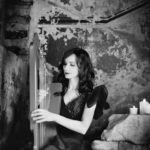











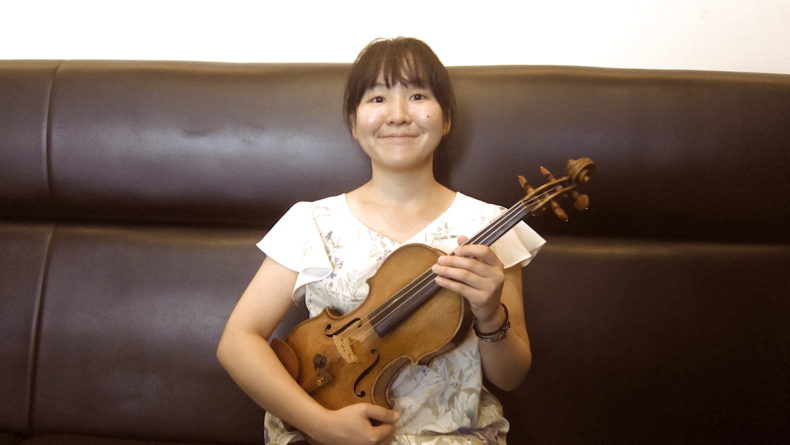
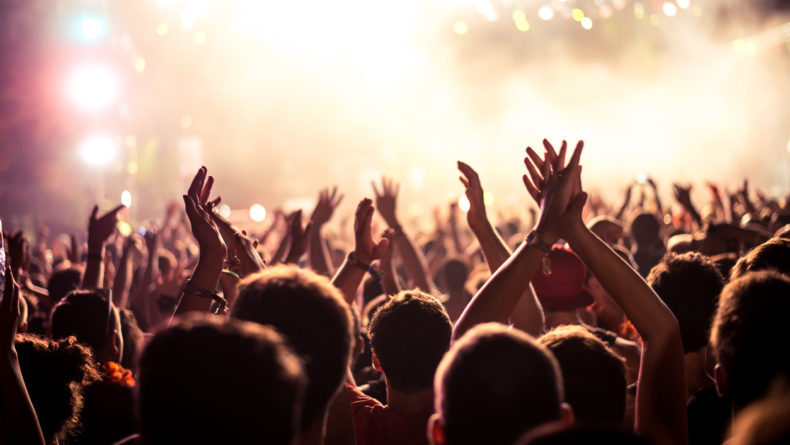
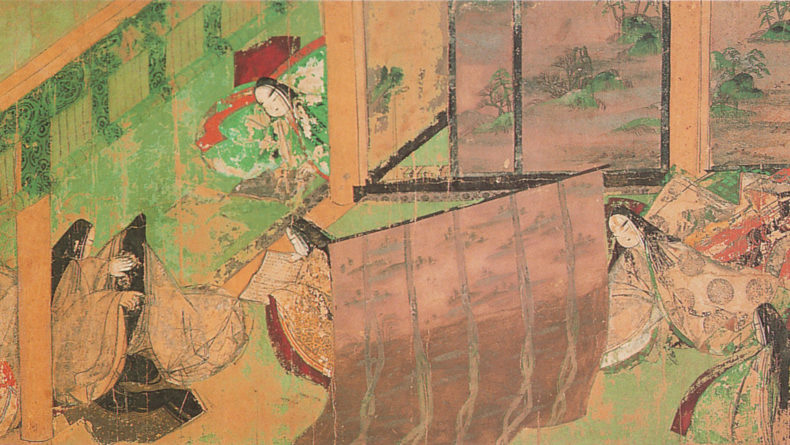
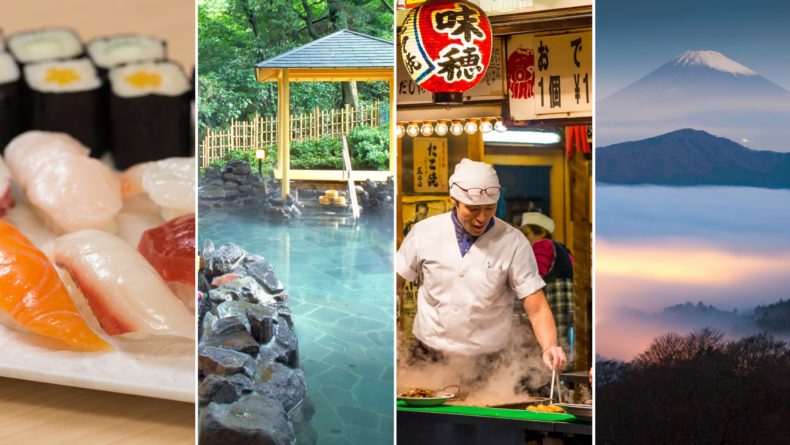
Leave a Reply